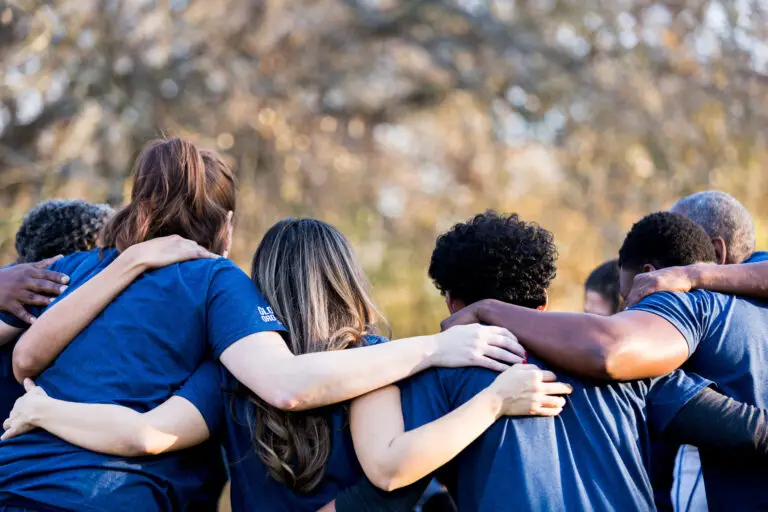
Police departments used to help its police officers avoid compromising personal associations.
~ Barry M. Baker Tweet

Detective Lieutenant Barry M. Baker (ret.) is a 32 year veteran of the Baltimore Police Department.
Personal associations should not be the primary factor in judging a person’s fitness for a police career, but it can become a relevant factor. For many of you, family members will contribute positive support to your image and personal ambitions. For others, one wayward family member can have a negative effect. The vast majority of people, including employers, understand that one has little control over the behavior of family members.
Personal associations that you choose is an entirely different matter and you will bear some responsibility for your choices. Questionable choices can be difficult to correct, but it’s something you must consider. A police career comes with a high level of scrutiny regarding your personal behavior, and that scrutiny will apply generally. Your personal association with people of questionable character is a legitimate concern for your police department.
The Appearance of Questionable Personal Associations
Here is a simple example. You occasionally visit a neighborhood bar. It’s no big deal, because it’s a legal activity. There is a problem with this bar, because a number of regulars are engaged in varyingly levels of criminal activity. You may not have close personal associations with the bar’s clientele, but any social interaction could appear otherwise.
On one of these occasions, you find yourself in the wrong place at the wrong time. The bar is raided by your department’s Drug Enforcement Unit, and you’re detained along with everyone else. You’re free to leave after a brief interview, but your presence could become the subject of an internal investigation.
When I became a police officer, there was a lot of emphasis placed on personal associations. If a background investigation revealed association with a person of questionable character, the association could delay or deny your employment. Once hired, your academy training stressed the importance of avoiding personal associations that might cause an appearance of impropriety.
The Residency Thing
Police departments used to help its police officers avoid compromising personal associations. They did not allow an officer to patrol the neighborhood in which the officer resides. Things do change, and today many police departments encourage officers to reside in the neighborhoods they patrol.
The reasoning is that you’ll care more about the neighborhood you police if you’re a resident of that neighborhood. I don’t know what that means, and I doubt those espousing that view can comprehend the problems that can occur. The line between good neighbor and law enforcer is easily blurred by two opposing forms of familiarity.
If you’re policing Mayberry, RFD, everybody is going to know everybody, and the residency thing isn’t a big deal. However, if you’re policing a neighborhood where crime is a real and daily problem, personal associations mean a lot. Your familiarity with residents should be professional versus social/professional. Then, there’s the caring part. If you’re not up to the task of providing police service to the best of your ability regardless of where you’re policing, you shouldn’t even become a police officer.
Total Control
Personal associations with negative impact aren’t limited to the public or family members. Unfortunately, there will be police officers with whom you’ll want to avoid close personal associations. But, this isn’t nearly as difficult as you might think. As long as you continuously perform with a high level of integrity, police officers of questionable character will avoid you.
The powers you’ll possess as a police officer will place you in a class where your behavior on all levels will be under constant scrutiny. The establishment and maintenance of personal associations is one area where you can exercise total control. That control will deny those who would attack your integrity through personal associations the ability to do so.
Related Content for Personal Associations
Advertisements


